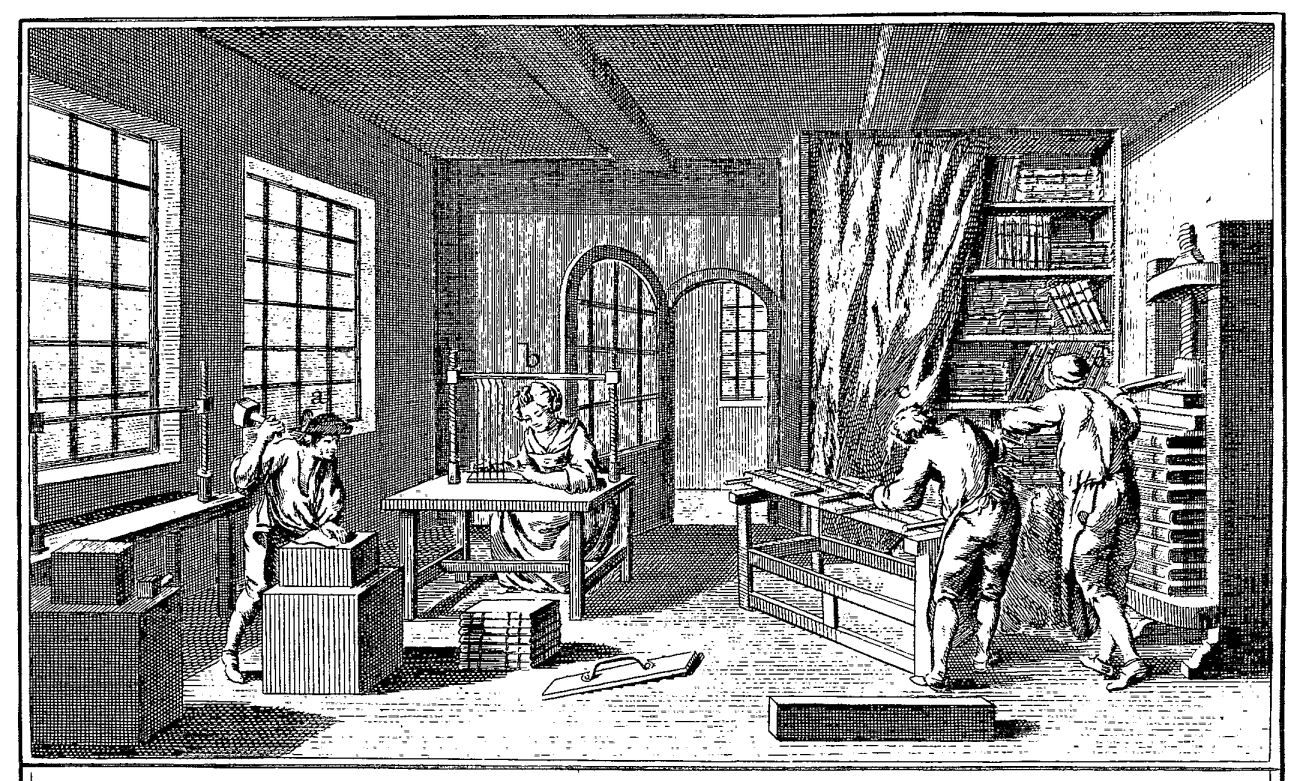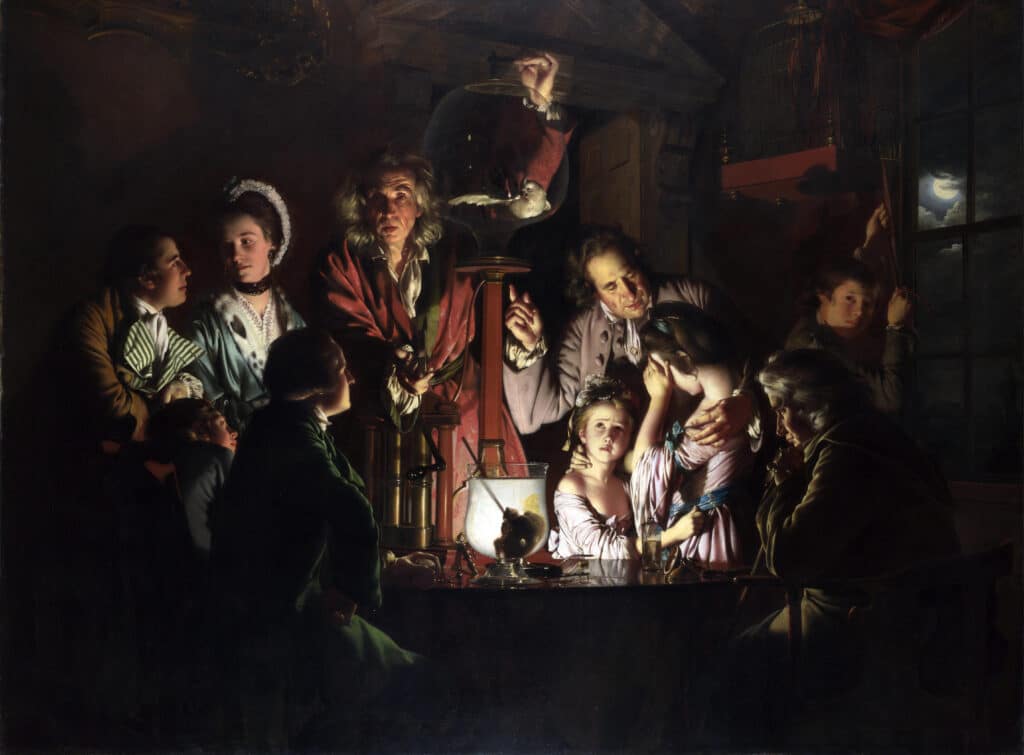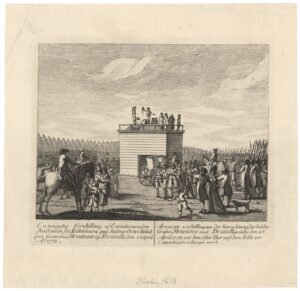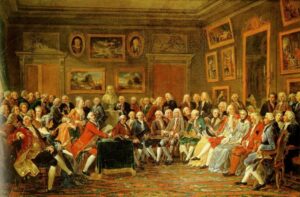
Indhold
- Indledning
- Leksikalt mv.
- Articles
- Links til Oplysningstidens personer og begivenheder, se nedenfor
Indledning
I anledning af årets festival, Golden Days 2010: Globalisering, gossip og grådighed – 1700-tallet, et aktuelt århundrede med kunst, musik, dans, litteratur, debat, filosofi, religionskritik og historie, har vi samlet denne linkbox med links til artikler om Oplysningsiden og til periodens personer og begivenheder.
Der er også linket til poster på vores Tidslinje, som dækker selve Oplysningstiden ca. 1690-1800, og dens forudsætninger i rationalisme og naturvidenskab.
NB: nedenstående links til datoer, er ikke de datoer, hvor personer har haft betydning, men normalt er link til fødedato (eller dødsdato) for personer.
De poster, der er nedenstående, kan rumme link til udgivelser m.m. og til andre personer, der er relaterede til begivenheder.
Leksikalt mv.
- Oplysningstiden (Denstoredanske)
- Oplysningstiden (Leksikon.org)
- Oplysningstiden (Wikipedia.dk)
- Oplysningstide (FaktaLink, 25. juli 2006; opdateret oktober 2017)
- Noter til Oplysningstiden: 1700-tallet (Da-Net.dk)
- Enlightenment, The (Marxists Internet Archive; Glossary of Terms)
- Age of Enlightenment (Wikipedia.org)
- Enlightenment (Internet Modern History Sourcebook)
- Litteratur (på dansk):
Oplysningens verden: Idé, historie, videnskab, kunst. Redigeret af Ole Høiris & Thomas Ledet (Aarhus Universitetsforlag, 2007, 600 sider). “Bogen er en mosaik af oplysningstidens vigtigste tanker og begivenheder.”

Articles
The Enlightenment. Part 45 in Neil Faulkner: A Marxist History of the World (Counterfire, 5 September 2011). “What gave the Enlightenment its subversive, politically corrosive character was its critique of institutions and practices which appeared comparatively irrational in the light of modern thinking …”
On the Enlightenment’s ‘race problem’. By Kenan Malik (Pandaemonium, February 13, 2013). “This has become a common argument in recent years: that the modern roots of the idea of race lie in the Enlightenment.”
The Enlightenment. By Soma Marik (Radical Socialist, 14 October 2009; online at Internet Archive, scroll down). “The universalism of the Enlightenment was however flawed. Class, gender and race provide three major areas of criticism.”
Enlightenment and anti-capitalism. By Neil Davidson (International Socialism, Issue 110, Spring 2006, p.85-112). “We therefore cannot simply reject the Enlightenment without depriving ourselves of some of the most important intellectual tools necessary for human liberation.”
Islam and the Enlightenment (Socialist Review, Issue 304, March 2006). “Neil Davidson asks why the more advanced civilisations of the Islamic world did not develop a similar movement of their own.”
Interpreting the Enlightenment: Metaphysics, critique, and politics. By Stephen Eric Bronner (Logos, Vol.3, No.3, Summer 2004; online at Internet Archive). “In the aftermath of the terrorist attacks of September 11, 2001, amid the intellectual retrenchment consonant with the unending ‘war against terror’, the Enlightenment legacy has become ‘more than ever before’ a contested terrain.”
The Enlightenment (pdf). Part 5, chapter 3 in Chris Harman, A People’s History of the World (Bookmarks, 1999, p.242-248; online at IS Tendency/Internet Archive). “The most radical intellectual challenge to received ideas since the rise of class society occurred in the aftermath of the Dutch and English revolutions.”
Race and the Enlightenment, Part 1: From Anti-Semitism to white supremacy, 1492-1676 (Race Traitor, Issue 7, Spring 1997; online at Libcom) + Part 2: The Anglo-French Enlightenment and beyond (Issue 10, Winter 1999; online at Libcom.org). “American left communist Loren Goldner’s history of the origins of race and racism.”
The great divide: The Enlightenment and its critics. By Stephen Eric Bronner (New Politics, Vol.5, No.3, whole No.19, Summer 1995). “… a critique of the Enlightenment has now become part of the philosophical and polemical stock in trade of many on the left.”
The Renaissance and rationality: The status of the Enlightenment today. By Loren Goldner (Break their Haughty Power, July 24, 1995). “… it is necessary to discuss the limits of the Enlightenment in order to defend it, and to go beyond it.”
***

Anmelderartikler af Jonathan I. Israels bøger:
Radical Enlightenment: Philosophy and the Making of Modernity, 1650–1750 (2001)
Enlightenment Contested: Philosophy, Modernity, and the Emancipation of Man, 1670–1752 (2006)
A Revolution of the Mind: Radical Enlightenment and the Intellectual Origins of Modern Democracy (2009)
Democratic Enlightenment: Philosophy, Revolution, and Human Rights 1750–1790 (2011)
Revolutionary Ideas: An Intellectual History of the French Revolution from the Rights of Man to Robespierre (2014)
- Filosofi som verdenshistorisk våben. Af Rune Lykkebjerg (Information.dk, 13. april 2012)
- Kampen mellem den radikale ridder og den moderate slapsvans. Af Rune Lykkeberg (Information.dk, 27. august 2010)
- Kortlægning af den moderne verdens opkomst. Af Frederik Stjernfelt (Information.dk, 15. januar 2010)
- Radicalising the Enlightenment (Spiked Review of Books, May 2018). Interview with Jonathan Israel.
- Revolutionary Ideas: An Intellectual History of the French Revolution from the Rights of Man to Robespierre.By Jonathan Israel. Review By David Sockol (Marx & Philosophy Review of Books, 20 November 2016)
- The Nation, Jonathan Israel and the Enlightenment. By Ann Talbot and David North (World Socialist Web Site, 9 June 2010)
- Mind the Enligthenment. By Samuel Moyn (The Nation, May 12, 2010)
- When Reason was revolt. By Chris Harman (International Socialism, Issue 113, Winter 2007, p.187-191)
- Forgotten subversives. By Chris Harman (International Socialism, Issue 106, Spring 2005, p.181-82)
- Spinoza reconsidered. By Ann Talbot (World Socialist Web Site, 26 August 2003)
- Spinoza revisited. By Ann Talbot (World Socialist Web Site, 7 August 2001)

Om William Hogarths Beer Street and Gin Lane (1751)
Se også: Enlightened Wit Satire in the Age of Voltaire and Hogarth (blog, 2018)
Links
Personlister om:
Se om personer og begivenheder i hele perioden på Tidslinjen (Socialistisk Bibliotek):
Internationalt:
- Martin Luther, 31.10.1517
- Galileo Galilei, 15.2.1564
- Thomas Hobbes, 5. maj 1588
- René Descartes, 31. marts 1596
- Giordano Brune, 16. februar 1600/#16000216
- Benedict de Spinoza, 24. november 1632
- Den engelske revolution, 3. november 1640
- Jonathan Swift, 16. november 1667
- Isaac Newton, 15. juli 1687
- Charles de Montesquieu, 18. januar 1689
- François de Voltaire, 21. november 1694
- John Locke, 28. oktober 1704
- Jean-Jacques Rousseau, 26. juni 1712
- Deise Diderot, 15. oktober 1713
- Immanuel Kant, 22. april 1724
- Gotthold Ephraim Lessing, 22. januar 1729
- Francisco Goya, 30. marts 1746
- Johan Wolffgang Goethe, 28. august 1749
- Jordskælvet i Lissabon, 1. november 1755
- Mary Wollstonecraft, 27. april 1759
- Claude-Henri Saint-Simon, 17. april 1760
- G.W.F. Hegel, 27. august 1770
- Robert Owen, 14. maj 1771
- Pensylvania ophæver slaveri, se 1. marts 1790
- Amerikanske uafhængighedserklæring, 4. juli 1783 + -krig 3. september 1783
- Den Franske Revolution, 20. juni 1789 + efterfølgene datoer + links, bl.a.: Menneskerettighedserklæringen, 26. august 1789
- Napoleon Bonapartes diktatur, 9. november 1799
- Haitis uafhængighed efter slaveoprøret i 1790, 1. januar 1804

Danmark:
- Enevældens indførelse, 8. oktober 1660
- Grønnegadeteatret, 22. september 1722
- Stavnsbåndets indførelse, 4. februar 1733
- Ludvig Holberg, 28. januar 1754
- P.A. Heiberg, 16. november 1758
- Censurens midlertidige ophævelse i Danmark, 14. september 1770
- J.F. Struense, 28. april 1772
- Danmarks første strejke, Tømrerskruen, 30. juli 1794
- Malthe Conrad Bruun, 19. december 1800


























